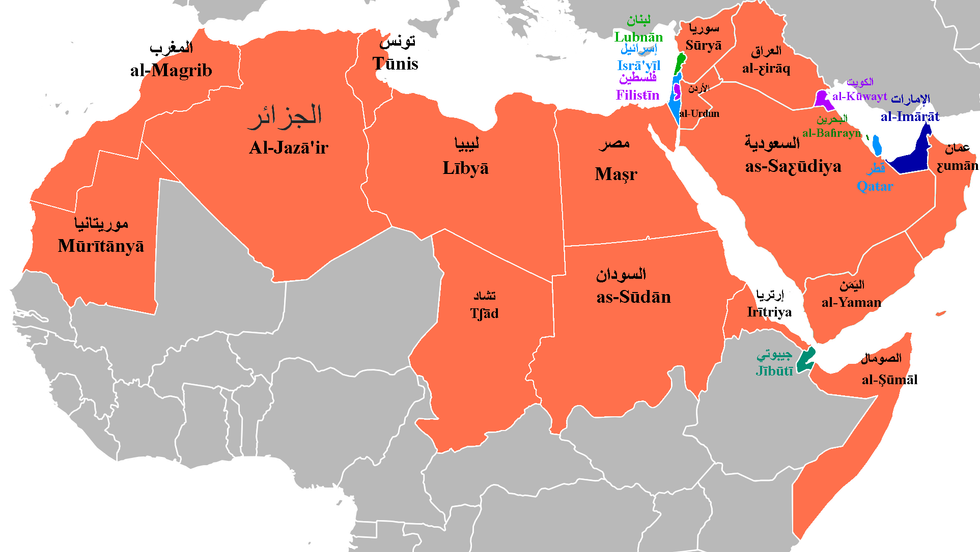Many of us learned Spanish or French in middle school and high school. It wasn’t until I came to Brown that I stumbled upon Arabic in the course catalog. Although I’m concentrating (majoring) in English and Spanish, I decided to embark on learning this new language. To be quite honest, I was intimidated by its script, which, to Western eyes, can be quite formidable. However, I soon fell in love with the language and would urge you to give it a try!
Here are six reasons to study Arabic:
1. Set yourself apart in the international job market.
According to the Modern Language Association, less than 1 percent of U.S. college students study Arabic – only 32,000 out of 21 million total students. If you are lucky enough to attend a school that offers this unique language, take advantage of it! It will undoubtedly set you apart from your peers. The U.S. government, in addition to many companies, is looking for Arabic-speaking professionals to improve foreign relations, close international deals, develop economies, and educate various groups of people. Any employer would find this language skill to be an invaluable asset.
2. Interact with people from over 20 countries.
Many of us studied Spanish and French because these are languages which are widely spoken in many countries. Arabic is no different. It is among the top 5 languages with the most number of speakers in the world. In fact, with over 300 million native speakers in over 20 countries, there is a lot that Westerners can learn from Arabs. The region also boasts incredible economic potential. Knowing the language well enough to engage with Arabs will put you at an advantage.
3. Help improve international relations.
Arabic is an official language of the United Nations, the Arab League, the Organization of Islamic Conference, and the African Union. It is clearly a language of international discourse and resolution. And under our newly-elected president, learning this language has become all the more important. It is a way to connect with a greater number of people (Americans among them) that our government deems “dangerous”. If we are ever going to bridge this gap, we will do so by finding common ground and learning to understand one another.
Traveling to Arab countries and respectfully speaking their language can help dispel negative misconceptions about Americans and help promote a more positive view of the United States.
4. Gain insight and respect for Islam.
Islam is the second largest religion in the world, and Arabic is its liturgical language. By studying Arabic, you may more easily explore Islamic traditions and cultures that will allow you to become a more respectful and tolerant individual. We are lacking many of those at the current moment.
5. Arabic is a "bridge language".
The majority of Western languages (English, Spanish, French, Italian, German, etc.) use the Roman/Latin alphabet. Coincidentally, Arabic, Persian (Farsi), Urdu, Pashto, and a few other languages, all employ the Arabic script. Thus, by learning Arabic, you will, at the very least, be able to sound out (if not, come to recognize) the words in these other languages.
6. Arabic is beautiful.
The Arabic script, although intimidating to Western eyes, is decidedly stunning and enrapturing. It has a flow that the Roman/Latin alphabet seriously lacks. In addition, the spoken language, in all of its dialects, is quite melodic.
!اهلاً وسهلاً
Welcome to Arabic!






















